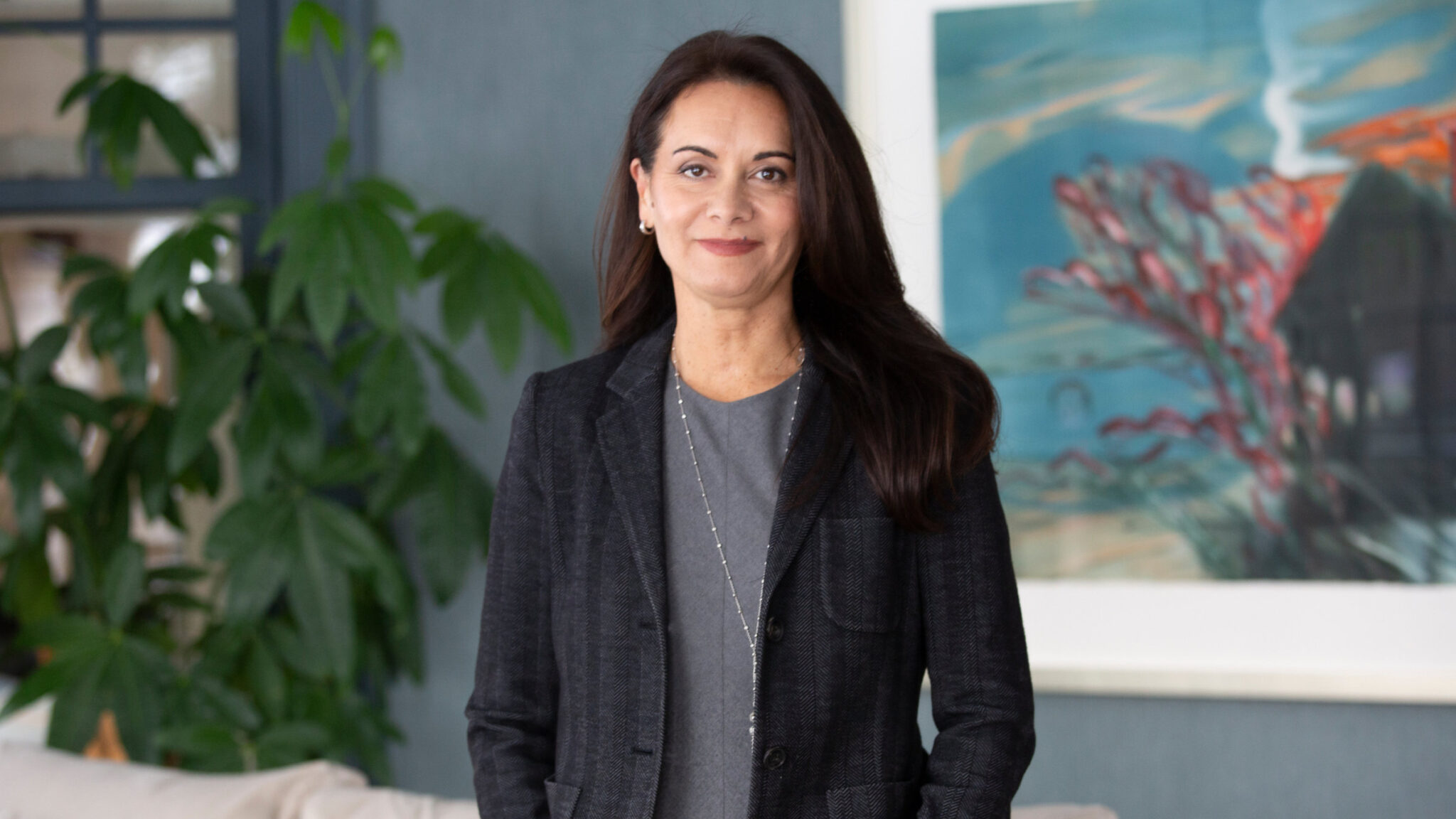
Clarissa Desjardins, Congruence CEO
New OrbiMed-backed biotech aims to replicate Vertex's wildly successful cystic fibrosis pills in other diseases
A new biotech aiming to tackle protein misfolding has landed a substantial Series A from some blue-chip investors.
Congruence Therapeutics burst onto the scene Tuesday …
Sign up to read this article for free.
Get free access to a limited number of articles, plus choose newsletters to get straight to your inbox.